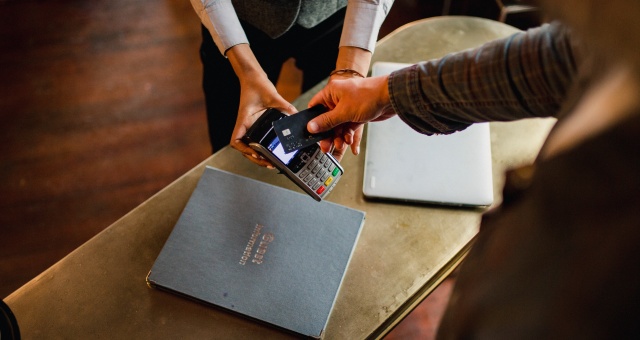With international borders open once again and the return of large-scale events such as Formula 1 in Melbourne and Vivid Sydney, hotel occupancy is on the rise. And hoteliers are adapting to meet the changing needs of guests to fuel recovery.
As a result of the pandemic, guests’ expectations are different. They are now seeking high-tech and low-touch options, particularly when it comes to payments – whether at check-in, for pre-defined packages, or for a-la-carte goods and services.
An integrated payments platform lets guests pay conveniently with minimal touch and seamlessly check in and out on their own devices, all the while giving hoteliers key insights.
According to Adyen Global Head of Hospitality, Mark Rademaker, a low-touch environment can have a positive impact on the customer experience.
“Digitising the guest journey does not need to come at the expense of the guest experience,” he said.
“In fact, it’s quite the opposite as frictionless payments can reduce the amount of time spent on manual tasks, freeing up even more time for staff to better engage guests.”
One example of this can be seen at Raffles Hotel Singapore, where payments are key to enabling frictionless and personalised services.
“Delivering bespoke and authentic services is core to the legendary Raffles experience,” Rademaker said.
“Through Adyen, Raffles Hotel Singapore powered its unified commerce offering, providing simpler, faster, and more customer-centric payment experiences across all sales channel touch points, both online to offline – including suite reservations, restaurants and bars, Raffles Spa and Raffles Boutique.
“Imagine that your guest could arrive at your hotel, check in, dine, shop, or indulge – and never have to touch a payment terminal throughout their entire stay.”
Streamlined system
When various accounting systems are in operation at a hotel, it can sometimes cause confusion and result in reduced efficiencies. And with labour shortages hampering the industry’s recovery, it’s not surprising that more and more hotels are turning to automation to improve outcomes.
This is where a streamlined system can efficiently pull everything together – including payments for reservations, at restaurants, in-room dining, day spas, events, meetings and conferences and more.
A number of payment consolidation platforms have emerged with systems designed to help a hotel streamline its financial ecosystem and improve business efficiency.
“We know hotels work with multiple suppliers and systems, and many hotels are looking for ways to address challenges, including integrating both legacy and new infrastructures,” Rademaker said.
“Finding a solution that smoothly integrates across a hotel’s entire tech stack will help with streamlining processes and costs.”
Enhanced data security is essential when introducing systems like these, to ensure guests’ information is protected.
“Hotels work with many external parties, systems, and distribution channels to support guest bookings,” Rademaker said.
“This can be extremely challenging and complex, and the burden of managing so many different payment systems often falls on the hotel.”
With the added complexities of the EU’s Payment Services Directive 2 and other regulations that work to improve payment security, hotels need to get ahead of fighting fraud and securing their guest payments, Rademaker said.
According to Ayden, automation will be critical to manage the resurgence in guest volume.
Through Ayden, hotels can adopt a single end-to-end payments platform that allows them to experiment without sacrificing usability, security, or consistency. Ayden takes the Payment Card Industry (PCI) compliance burdens out of hoteliers’ hands, enabling them to make payments a force of innovation – instead of a business-as-usual process with downside risks.
This content was created collaboratively by Adyen and Hotel Management.

